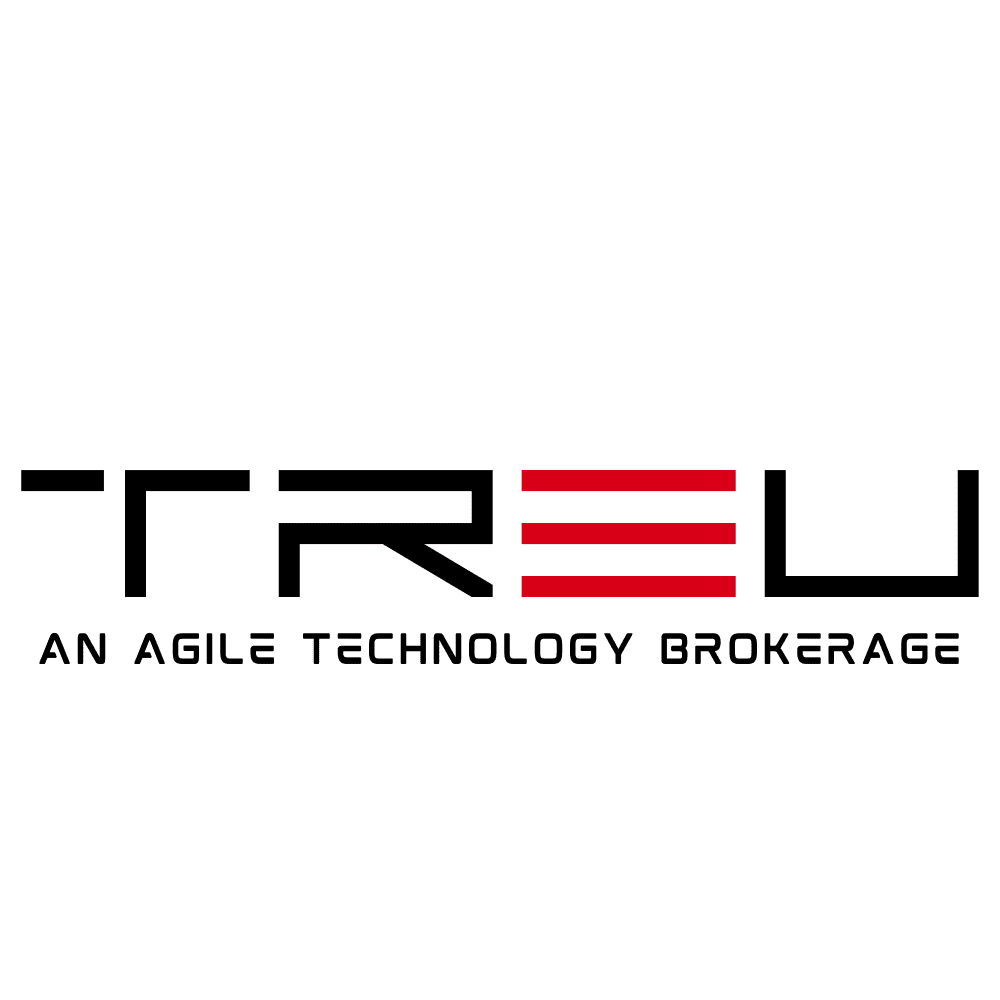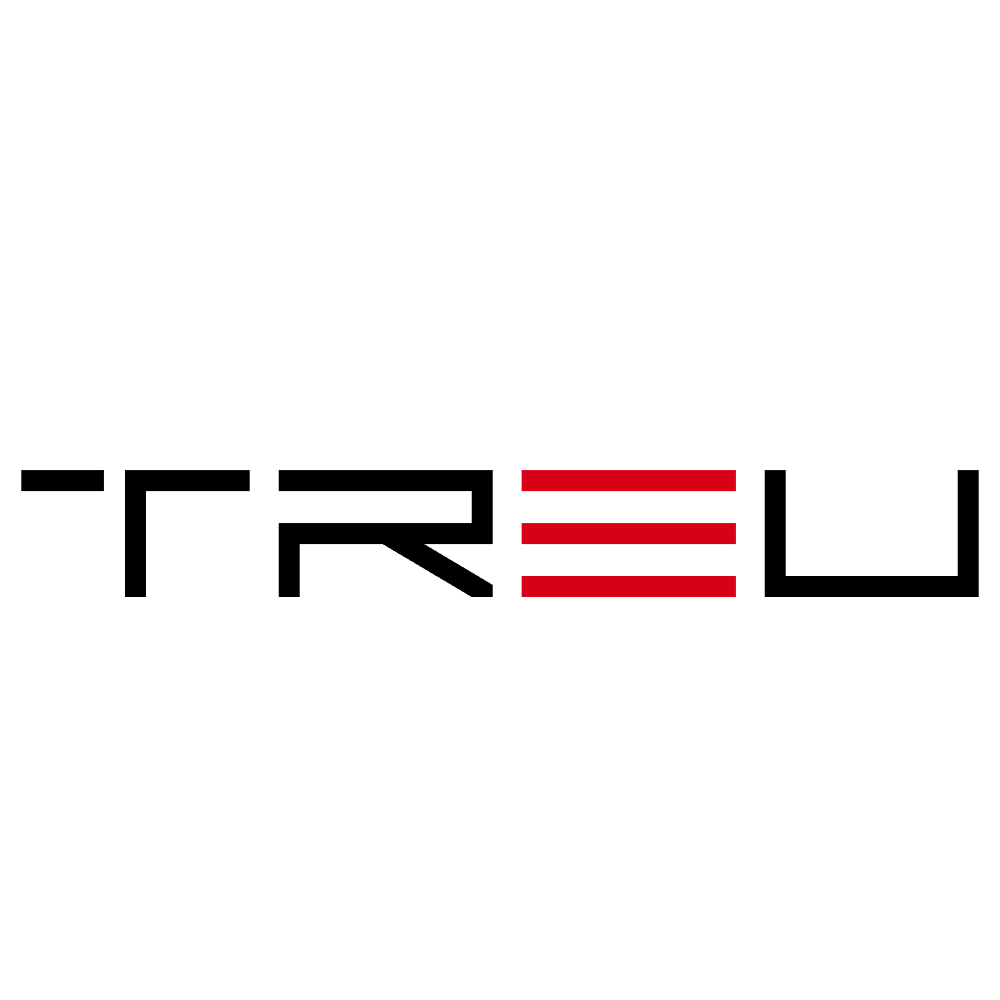# Top 5 CIO Trends Shaping Business Technology in 2025
As enterprises hurtle toward a future defined by rapid digital transformation, the role of Chief Information Officers (CIOs) is evolving faster than ever. By 2025, CIOs will remain at the forefront of driving innovation, enhancing operational efficiency, and ensuring businesses stay resilient in an increasingly competitive landscape.
From leveraging cutting-edge technologies to prioritizing sustainability, CIOs are preparing for a radically different playing field. Here’s a closer look at the **top 5 CIO trends shaping business technology in 2025**.
—
## **1. Hyperautomation Takes Center Stage**
Hyperautomation, often called the next frontier of efficiency, will dominate the CIO agenda by 2025. Businesses are adopting advanced automation technologies to streamline operations, reduce costs, and reallocate human resources to high-impact tasks.
### What is Hyperautomation?
Hyperautomation refers to the use of **Artificial Intelligence (AI)**, **Machine Learning (ML)**, and **Robotic Process Automation (RPA)** in unison to automate processes like never before. By 2025, this approach will extend automation across every business vertical, enabling companies to achieve unparalleled scalability and accuracy.
### Why CIOs Are Betting Big on Hyperautomation:
–
–
–
Companies not investing in hyperautomation risk falling behind in cost efficiency and operational agility, making it a priority for CIOs moving forward.
—
## **2. The Rise of Data Democratization**
Expect a seismic shift in how data is accessed and leveraged within organizations by 2025. CIOs will champion initiatives to break down data silos and empower employees with the resources to make data-driven decisions independently.
### Key Aspects of Data Democratization:
–
–
–
For CIOs, data democratization isn’t just about technology—it’s about fostering a data-first culture that makes decision-making faster, smarter, and more inclusive.
—
## **3. Strengthening Cybersecurity with Zero-Trust Architecture**
In a world where sophisticated cyberattacks have become the norm, enterprises need a robust defense. By 2025, **Zero-Trust security models** will no longer be optional but serve as a critical foundation for ensuring enterprise resilience.
### What is Zero-Trust Architecture?
Zero-Trust security assumes **everything is a potential threat unless verified**, unlike traditional models that trust users or devices inside the network perimeter.
### Why It’s a 2025 Priority for CIOs:
–
–
–
With CIOs prioritizing employee training and implementing strong role-based security controls, Zero-Trust remains a cornerstone of strategic IT roadmaps.
—
## **4. Artificial Intelligence (AI) Becomes a Core Business Competency**
By 2025, AI will no longer be a niche technology limited to experimental use cases. Instead, it will be fully embedded into organizational ecosystems as a core competency.
### AI’s Impact Across Industries:
AI’s transformative role will touch nearly every aspect of business, including:
–
–
–
To stay competitive, CIOs will focus on nurturing AI talent, integrating AI into workflows, and maintaining ethical practices in AI deployment.
—
## **5. Sustainability and Green IT Gain Top Priority**
Sustainability will take a leading role on the CIO agenda as organizations face increasing pressure to reduce their carbon footprint. **Green IT** initiatives, focused on designing energy-efficient technology and reducing e-waste, will become a non-negotiable business imperative.
### How Sustainability Shapes IT Strategies:
–
–
–
CIOs are aligning green technology with broader Environmental, Social, and Governance (ESG) strategies, ensuring sustainability goals aren’t just a checkbox but an integral part of enterprise success.
—
## **Preparing for the Future Ahead**
By 2025, the convergence of **hyperautomation, data democratization, advanced AI, Zero-Trust security models, and sustainability** will define the future of business technology. CIOs must lead the charge by embracing these trends and aligning them with strategic goals to foster long-term success.
As these technological shifts accelerate, one thing is certain: the role of the CIO will continue evolving from a back-office IT leader to a pivotal driver of innovation, resilience, and growth. Businesses that embrace this forward-thinking mindset will thrive in the digital-first economy of 2025 and beyond.

